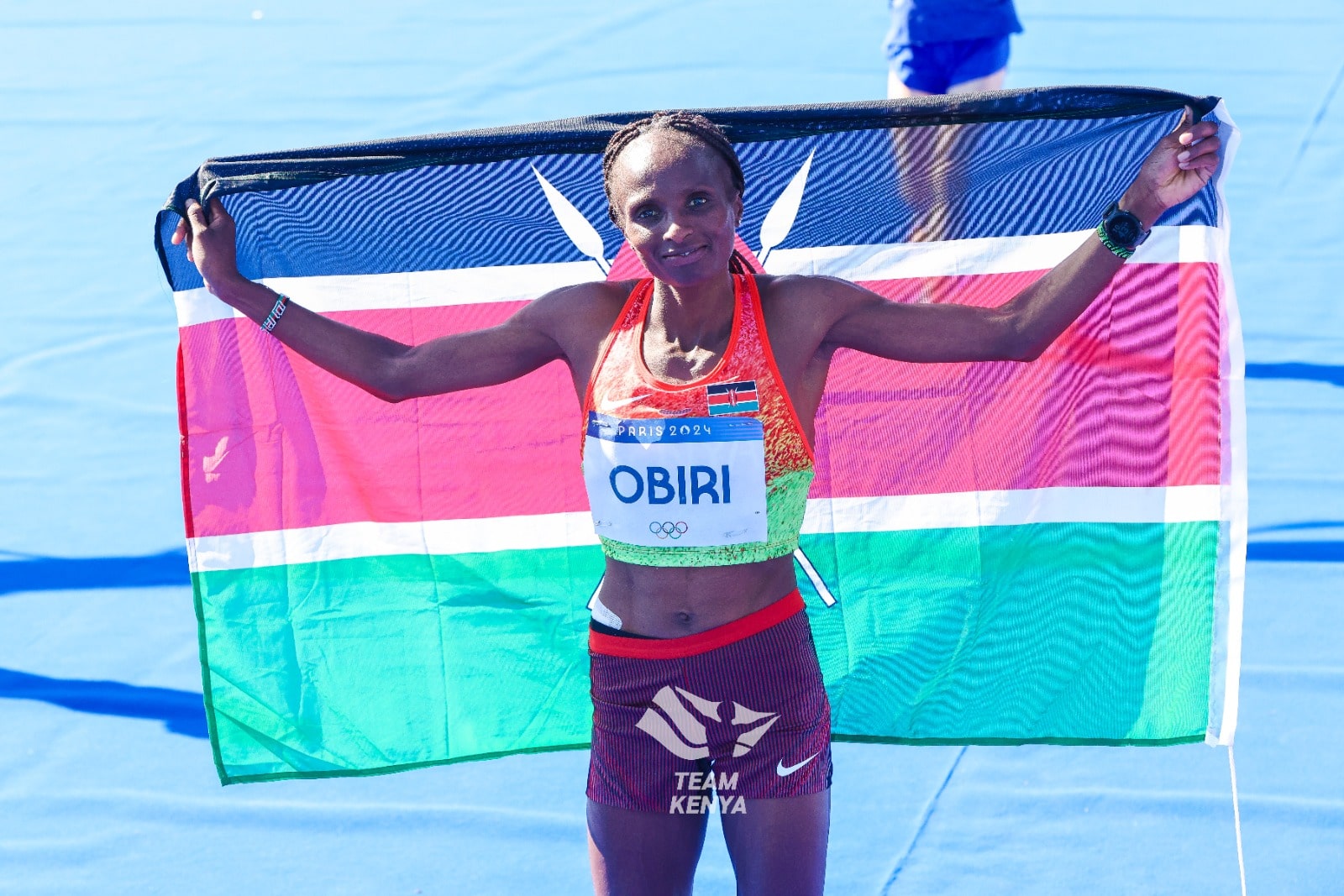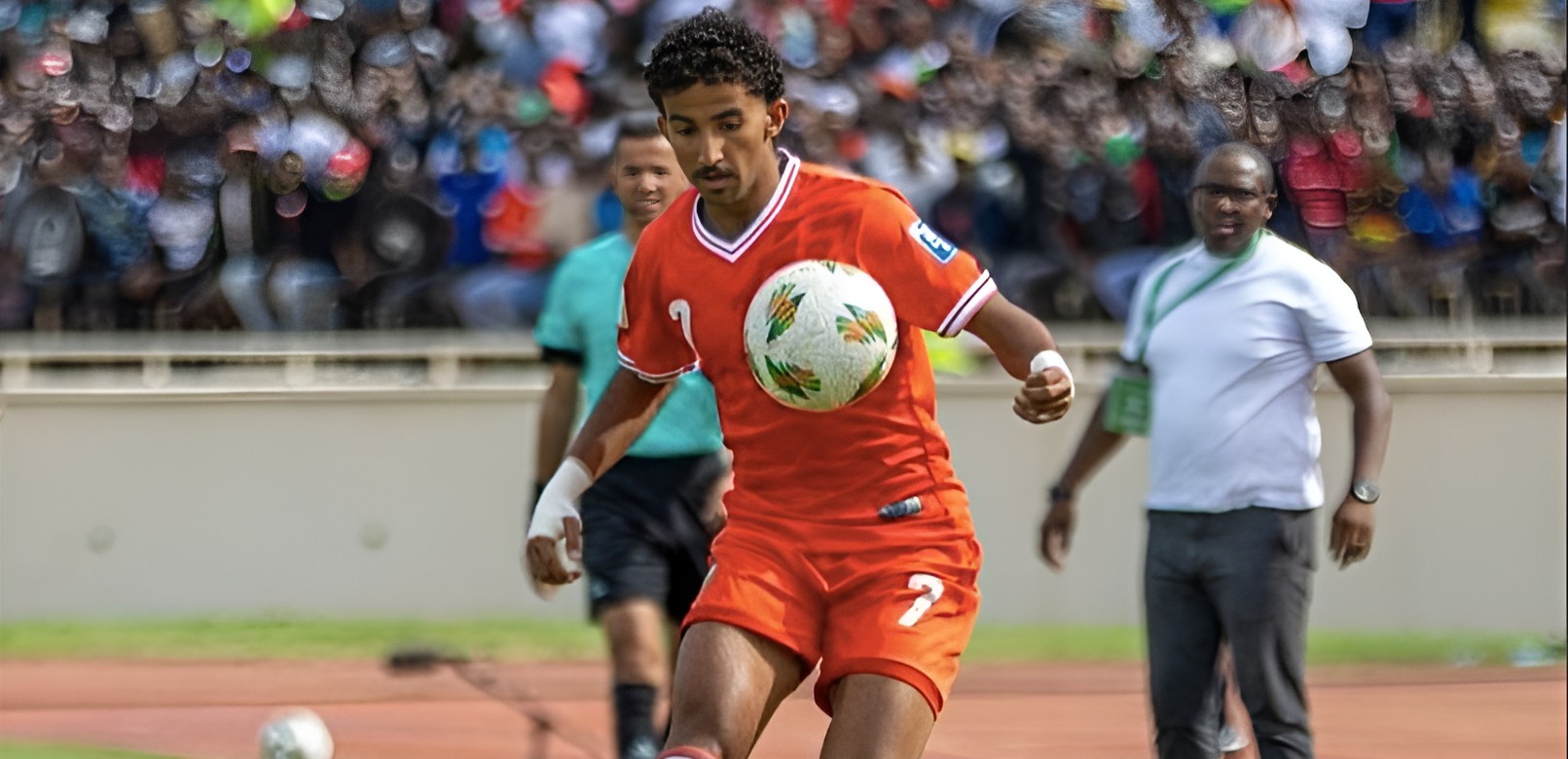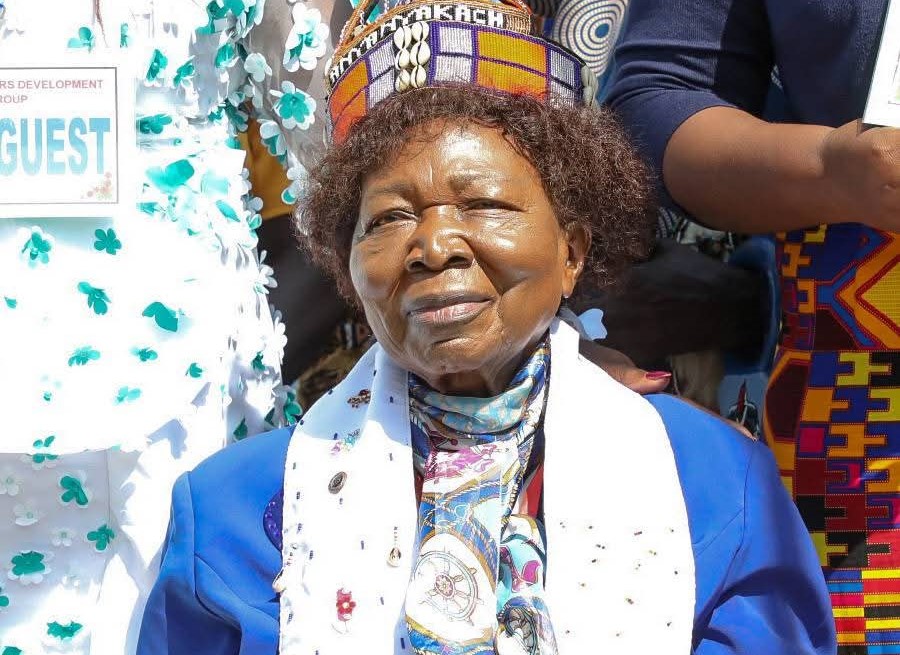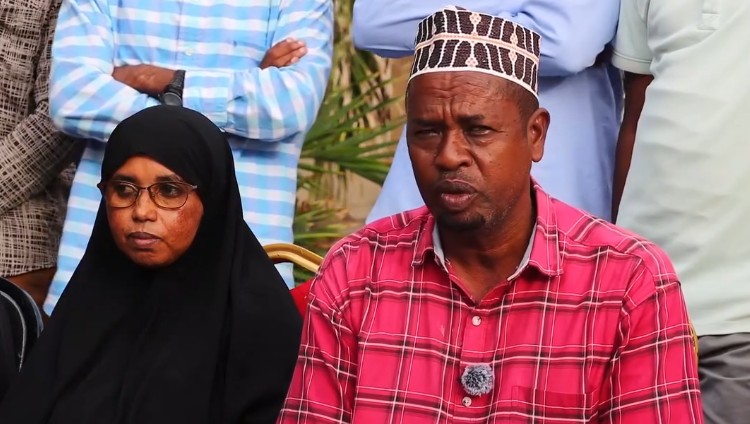PARIS 2024: Obiri bags bronze for Kenya in women's marathon as classy Sifan Hassan breaks Olympic record to win gold

Ethiopian-born Dutch Sifan Hassan won gold in the women's marathon at the #ParisOlympics2024 as Ethiopian Tigst Assefa comes second to bag silver. Kenyan duo of Hellen Obiri and Sharon Lokedi have finished third and fourth respectively.
Hellen Obiri came out of a grueling women's marathon race at the 2024 Paris Marathon with a bronze medal after finishing third with a personal best time of 2:23:10 on Saturday morning.
Obiri, a silver medalist in the women's 5000 metres at the 2016 and 2020 Olympic Games, was on course to maintain her perfect start to her marathon career which includes wins in the Boston Marathon (2023 and 2024) and the New York Marathon (2024) but she fell short in the final 500 metres of the race as the Ethiopian-born Dutch athlete Sifan Hassan and the Ethiopian Tigst Assefa detached from her to engage in a dramatic sprint for the gold medal.
More To Read
- Hellen Obiri wins New York mini 10k
- Sharon Lokedi smashes Boston Marathon record as she denies Hellen Obiri historic 'three-peat'
- Why Boston Marathon is held on Mondays
- Hellen Obiri eyes Boston history; Ethiopian Sisay battles tough men's field
- Hellen Obiri eyes historic third Boston Marathon win as star-studded field unveiled
- KNPC and Government promise change ahead of 2028 Paralympic Games
Going into the race, with 22 women having run sub 2:20 times in the marathon in 2024, there was every indication that the Ethiopian Tikki Gelana's competition record time of 2:23:07, which she set when she won the event at the 2012 London Olympic Games, was sure to go down.
Congratulations #TeamKenya 🇰🇪
— TeamKenya (@OlympicsKe) August 11, 2024
Hellen Obiri secures the 3rd spot in the Women's Marathon, Sharon Lokedi grabs 4th place, and Peres Jepchirchir claims the 15th position.
Hellen Obiri - Bronze Olympic Medalist 🥉#TeamKenya #HesabikaNaMabingwa
And, it was Hassan, who ran a tactical race after bagging bronze medals in the women's 5 000 metres and women's 10 000 metres in this year's Olympics, crowned her moment by winning the gold medal in the 42.195- kilometre race with an Olympic record time of 2:22:55.
Hassan, outsprinted Assefa, the event's world record holder, to the finish leaving the Ethiopian to settle for silver after finishing second with a time of 2:22:58.
Sharon Lokedi of Kenya, who showed great hope for a medal before relenting in her quest in the final one kilometre, gave a good account of herself, finishing fourth with a personal best time of 2:23:14 after she had made the Kenya's team for the women's marathon only weeks to the event following the withdrawal of Brigid Kosgei due to injury.
Peres Jepchirchir, who won the gold medal in the event at the last Olympics in Tokyo three years ago, succumbed to the brutal race after 33 kilometres, dropping off the pace to finish 15th with a time of 2:26:51.
Perhaps emboldened by her victory in the 2024 London marathon and her status as the event's defending Olympic champion, Peres Jepchirchir, showed up at the start line sporting an eccentric new look, her long braids from Tokyo three years giving way to a blond-dyed mohawk hairstyle.
Despite standing out with that new look, when the gun went off, signalling the swarm of runners to invade the streets of Paris in their quest for remaining medals up for grabs in athletics at the 2024 Paris Olympic Games, Jepchirchir did not show eagerness to race to an early lead, allowing other athletes to form the leading pack in the initial stages as she followed closely behind them.
However, at the five-kilometre mark, Jepchirchir had already made her way to the front, crossing that stage of the race in 17 minutes 25 seconds together with 13 other athletes who included her compatriot Obiri and Assefa. Lokedi was trailing that leading pack by one second at the stage.
Heading to 10 kilometres, that leading pack showed early signs of splitting up as four athletes, the French Melody Julien, the Kyrgyzstsni Sardana Trofimova, and Mongolian duo of Khishigsaikhan Galbadrakh and Munkhzaya Bayartsogt split from the wide lead pack after six kilometres and lead until the approach to the 10-kilometre mark when the chase pack caught up with them.
That second five kilometres was faster than the opening 5 000 metres by 18 seconds, with Assefa crossing it first at 34 minutes 32 minutes as Jepchirchir, Lokedi, and Obiri and other athletes in the leading pack followed one second behind her.
The race to the 15-kilometre mark introduced another interesting dynamic to the race as the 25-year old Julien, who had postponed the start of her teaching career in order to focus on qualifying and preparing for the marathon race, broke away again, and strongly so.
Despite having a personal best time 2:25:01, the 1256th fastest all time, Jepchirchir did not underestimate the Frenchwoman's intent and quickly accelerated to catch up with her, running side by side with her for about one kilometre before the chasing pack started sniffing on them.
At the 15-kilometre mark, the leading pack was back together again, with Obiri this time being first to reach that interval as she clocked 51 minutes 12 seconds, meaning that the athletes in that leading cohort had run third phase of five kilometres in at least 16 minutes 40 seconds.
That cat-and-mouse game between Julien and the leading pack promised to continue in the approach to the 20-kilometre mark but it did not last long.
After breaking away again, Julien faded before 17 kilometres, losing pace to slowly drift behind the leading as the 36-year old Australian Jessica Stenson, who sells running-specific underwear, brought her entrepreneurial spirit into the race, risking to move in front and take control of the proceedings while being closely followed by the Kenyan-born Israeli athlete Lonah Salpeter.
Once again the leading pack did not relent as the race's pace in that interval dropped to 18:19, with Salpeter crossing the 20-kilometre mark some milliseconds ahead of that leading pack.
The halfway was crossed first by Stenson at 1:13:22 who had now opened a two-second lead. At this stage, a reenergised Julien was back in the fray, joining the Kenyan trio and the other athletes in the pack trailing the runaaway Australian.
Shortly after crossing the halfway mark, the cohesion of the leading pack was tested by a new force, this time with the American Dakotah Lindwurm breaking away to embark on a lonely cruise until 24 kilometres when she was joined by Salpeter and Trofimova. It was perhaps the first power move of the race as the chasing group trailed the breakaway trio by six seconds at that stage.
However, the chasing group had reduced that lead to one second when Salpeter crossed the 25-kilometres mark with a time of 1:26:34.
The race to 30 kilometres was the most brutal as the athletes encountered the marathon route's undulating terrain and the phase's steep climbs was quick to claim its casualty with the Ethiopian Megertu Alemu, 2nd in last year's marathon, fell off the pace as her compatriot Assefa, determined to emulate Tamirat Tola's victory in the men's marathon on Saturday morning, led the attack on the brutal hills that traversed the 26, 27, and 28-kilometre marks and marked the ascent to the 29-kilometre mark.
The approach to the 30-kilometre mark testified that the cohesion of the leading pack was no match for the steep climbs as it was only the Kenyan duo of Jepchirchir and Lokedi and the Ethiopians Assefa and Shankule had detached from the rest.
However, Obiri, who struggled during the brutal hill climbs, managed to reattach herself to the leading at the 30-kilometres which Lokedi was the first to cross with a time of 1:43:59.
That pack got bigger shortly after the 30-kilometre mark as Sifan Hassan, the Japanese Yuka Suzuki, the Kenyan-born Bahraini Eunice Chumba, and the Kenyan-born Romanian Delvine Meringor crowded the field.
Subdued by the steep climb, Salpeter and the Ugandan Stella Chesang kept each other company in their pursuit the leading pack, which they trailed by seconds at the 30-kilometre-mark.
That pack of nine athletes that crossed the 30-kilometres started spliting after 32 kilometres with Chumba the first to fall off the pace.
Meringor and Suzuki were the next casualities and they were soon joined by the Jepchirchir whose defence of her title started falling apart at that stage as she struggled to keep with the pace of Assefa, Hassan, Lokedi, Obiri, and Shankule.
Jepchichir never recovered but that quintet got became a group of seven athletes when Meringor and Suzuki managed to close the gap and reattach themselves to the leading pack as they all crossed 35 kilometres with a time of 1:59:43.
Meringor and Suzuki could not hold on to that strong quintet for long though, as they broke away again and open an unassailable lead.
The dominant group of five athletes were still stuck together at the 40-kilometre mark, which they all crossed at 2:16:09, setting the race up for an unpredictable and nail-biting finish.
Shankule was the first to relent, dropping off the pace after 40.5 kilometres as Obiri took a slender lead in the rush for the gold medal.
After 41.6 kilometres, the race for the gold medal reduced to a battle between Assefa, Hassan, and Obiri but the last standing Kenyan did not last long after that, as Assefa and Hassan broke away from her in a dramatic sprint to the finish line.
Assefa was no match for Hassan's devastating kick, who brought her experience from track races, to outsprint the Ethiopian to win the event with a competition record of 2:22:55, asserting herself as one of the greatest female long distance athletes of all time.
Top Stories Today














































